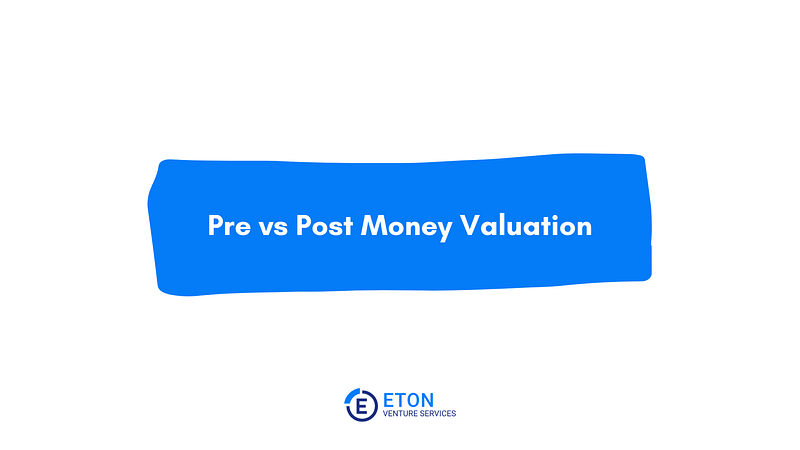In McLelland v. Paxton, 11 Wash. App. 2d 181, 453 P.3d 1, 11 Wn. App. 2d 181 (Wash. Ct. App. 2019), the Washington Court of Appeals delved into the issue of goodwill in the context of a professional limited liability corporation (PLLC). The court concluded that a PLLC could indeed enjoy goodwill, providing valuable insights into the valuation of professional entities, specifically the consideration of goodwill as an asset. This expanded analysis will focus on the valuation aspects of the case and explore the implications for valuation professionals.
Background of the Case
The case involved a complex dissolution of a PLLC owned by the litigants, who were both professionals in the dental industry. The trial court found that the PLLC experienced goodwill due to factors such as having multiple office locations, a trade name, a dedicated phone number, a website, staff, and maintaining patient files.
Goodwill in Valuation
Goodwill is an intangible asset that represents the value of a business’s reputation, customer loyalty, and other non-physical factors that contribute to its success. In the context of business valuation, goodwill can significantly impact the overall value of a company. Recognizing and quantifying goodwill is crucial in determining the fair value of a business, especially in professional service firms where the reputation and relationships of the professionals are significant drivers of value.
The Court’s Reasoning
In its decision, the court reasoned that some customers or clients choose to conduct business with a professional organization not only because of the individual skill of one professional inside the entity but also due to other factors. These factors can include the reputation of the PLLC as a whole, the location of its offices, and the quality of the services provided by the staff.
The court also noted that the PLLC continued as a going concern throughout the trial, meaning that it maintained its operations, assets, and liabilities until the final decision on the division of assets and liabilities.
Implications for Valuation Professionals
McLellnd v. Paxton offers several important takeaways for valuation professionals, particularly those working with professional service firms:
Goodwill should be considered as a potential asset in the valuation of professional entities, such as PLLCs, even if the primary value driver is the individual professionals within the organization.
Valuation professionals should carefully examine the various factors that contribute to a PLLC’s goodwill, including its reputation, location, trade name, staff, and client relationships.
It is important to recognize that a PLLC may continue as a going concern during a dissolution process. In such cases, valuation professionals should account for the ongoing operations, assets, and liabilities of the PLLC in their analyses.
Challenges in Valuing Goodwill in Professional Entities
Valuing goodwill in professional entities can be challenging due to the intangible nature of the asset and the difficulty in isolating its impact on the overall value of the business. Valuation professionals must rely on various methods and techniques to quantify goodwill, such as the income approach, market approach, or asset-based approach. Each method has its own set of challenges and limitations, making the valuation of goodwill a complex and often subjective process.
Importance of Expertise in Valuing Goodwill
Given the complexities involved in valuing goodwill, it is essential for valuation professionals to have a deep understanding of the specific industry and the factors that contribute to goodwill in that industry. This knowledge, combined with expertise in various valuation methods, will enable valuation professionals to provide accurate and reliable estimates of goodwill in professional entities like PLLCs.
Conclusion
McLelland v. Paxton case highlights the importance of recognizing and valuing goodwill in professional entities such as PLLCs. Valuation professionals must carefully consider the various factors that contribute to goodwill, as well as the challenges and complexities involved in quantifying this intangible asset. By developing a thorough understanding of the industry and the specific factors that drive goodwill in professional entities, valuation professionals can provide accurate and reliable valuations that stand up to scrutiny in legal proceedings.
Additionally, the case emphasizes the importance of considering the going concern status of a PLLC during a dissolution process. Valuation professionals should be mindful of the ongoing operations, assets, and liabilities of the entity throughout the proceedings to ensure a fair and accurate valuation.
McLelland v. Paxton serves as a valuable reminder for valuation professionals to consider goodwill as a potential asset in the valuation of professional entities and underscores the need for expertise and a thorough understanding of the specific factors that contribute to goodwill in these organizations.
How can Eton help?
Navigating the complexities of business valuation can be challenging, particularly in the context of mergers and acquisitions. Our expert team at Eton Venture Services provides detailed, factual, and insightful valuation services to support your legal, financial, and strategic decision-making needs. With our extensive experience in the industry, we are well-equipped to provide accurate and reliable valuations that stand up to scrutiny.
Join the industry leaders who have already benefited from Eton’s outstanding client service and valuation expertise. Allow our team to guide you through the complexities of M&A valuation and transactional disputes to safeguard your interests and make informed decisions. Contact Eton Venture Services today.








